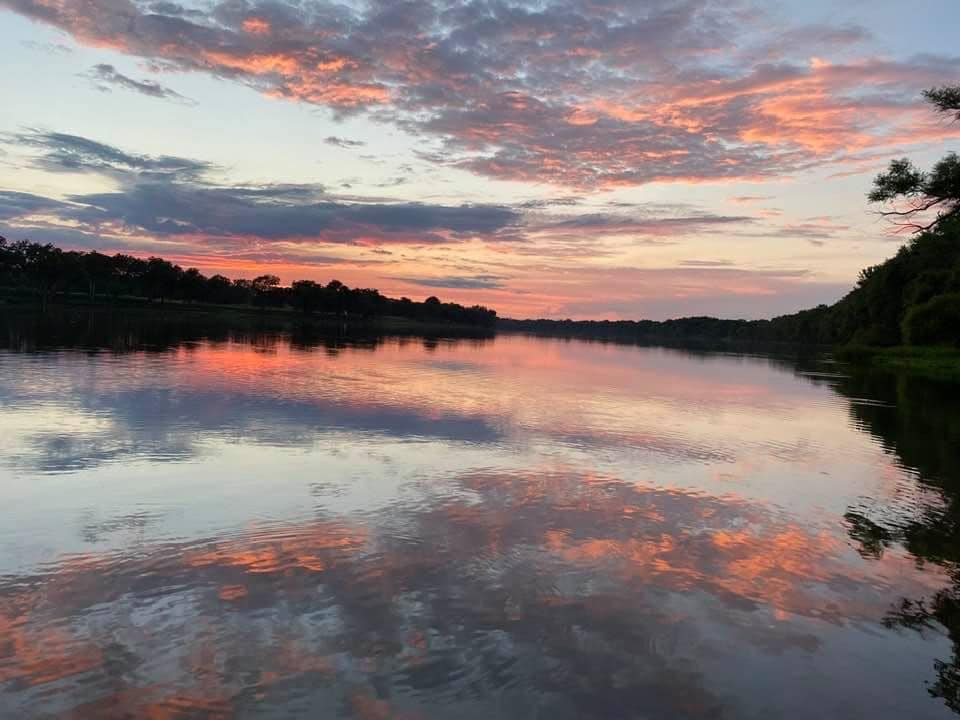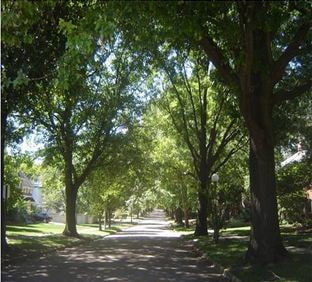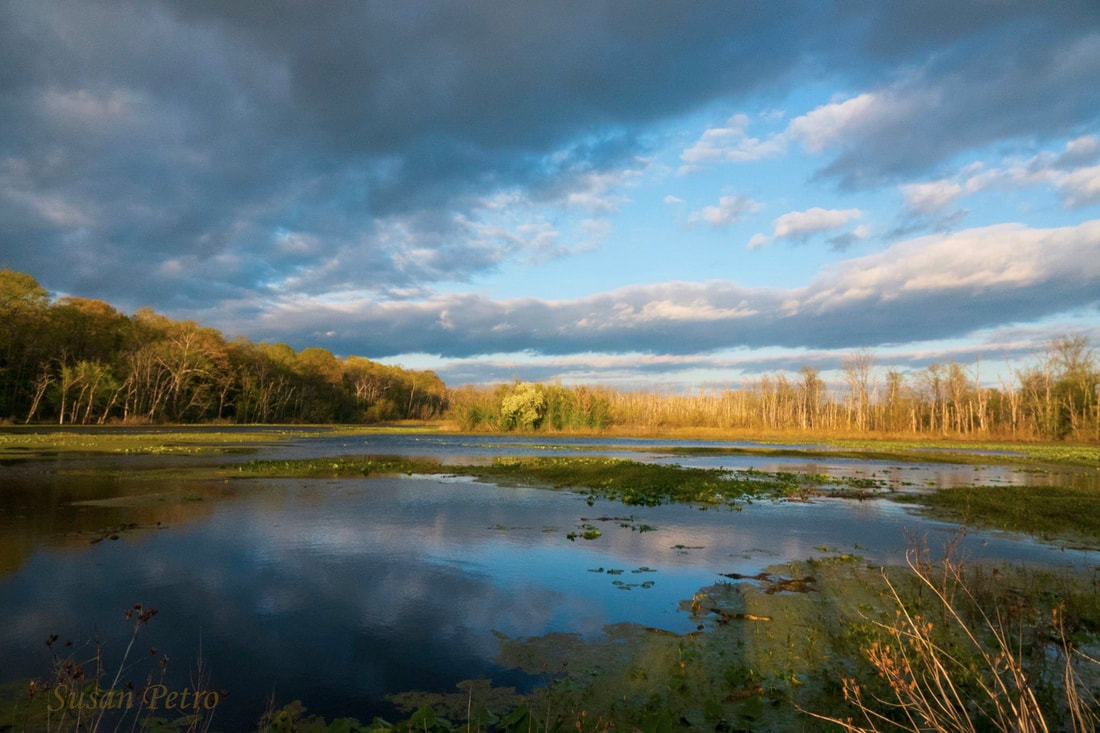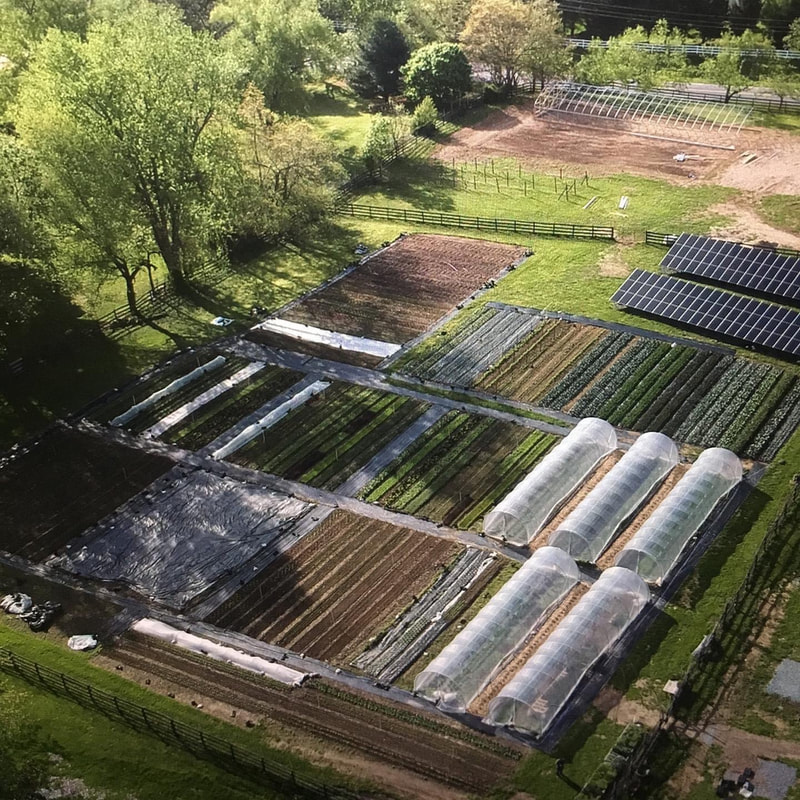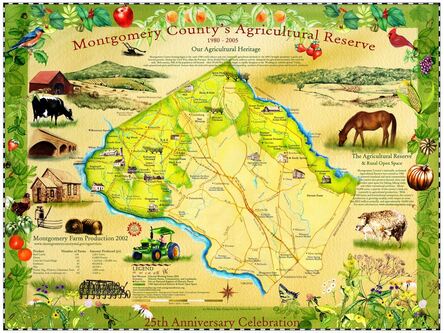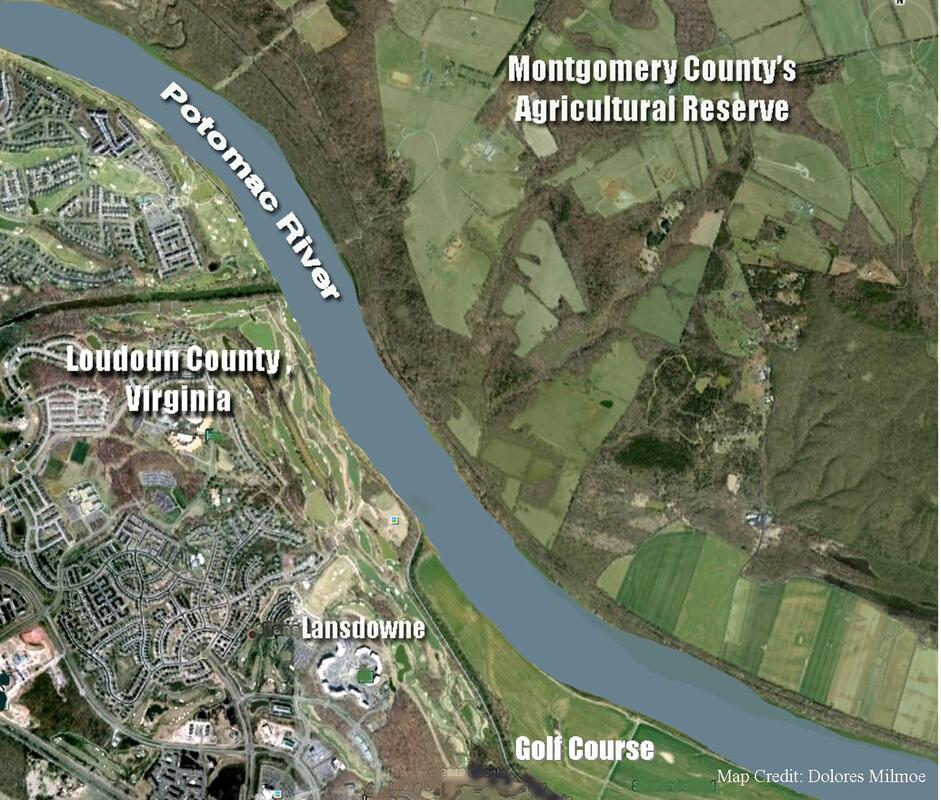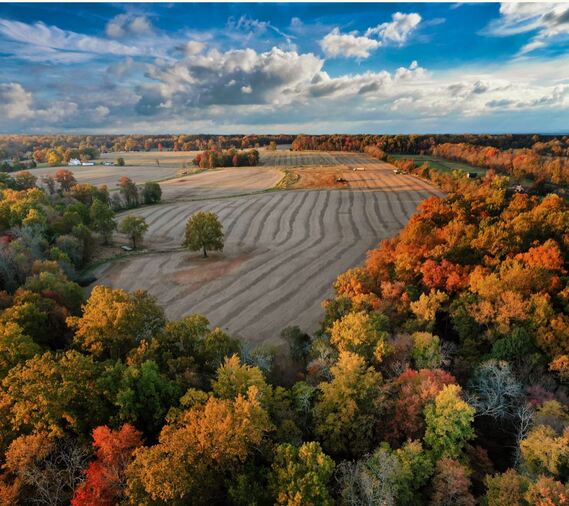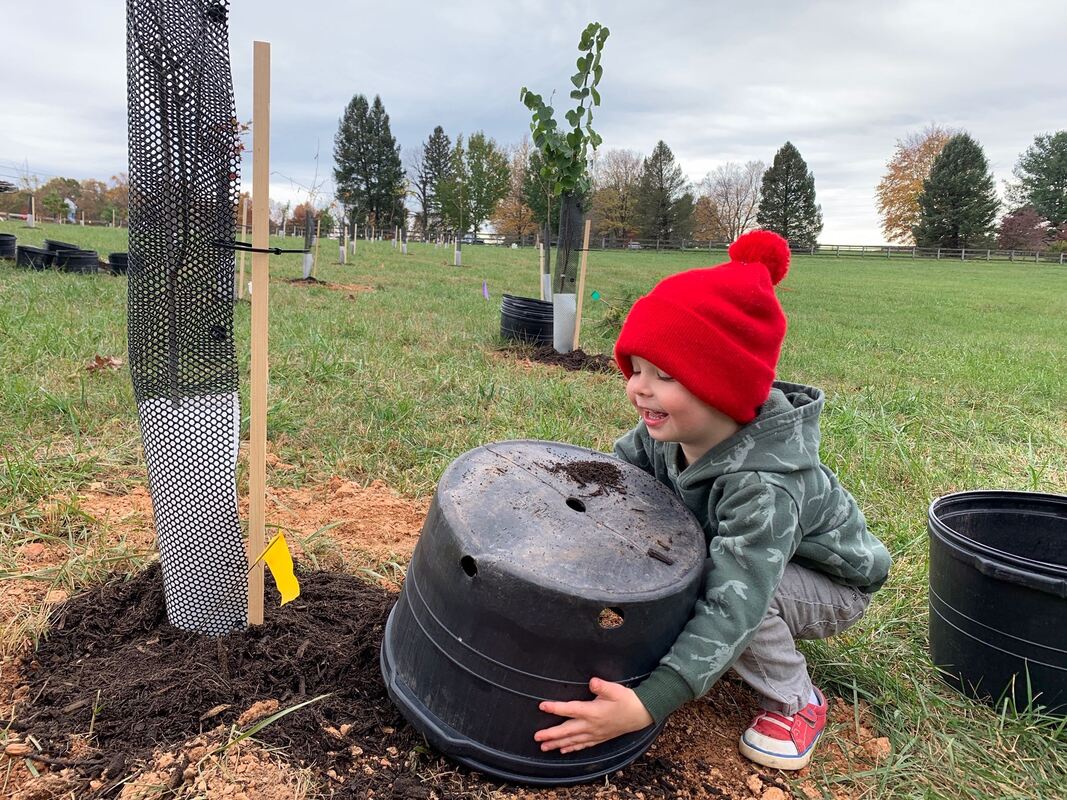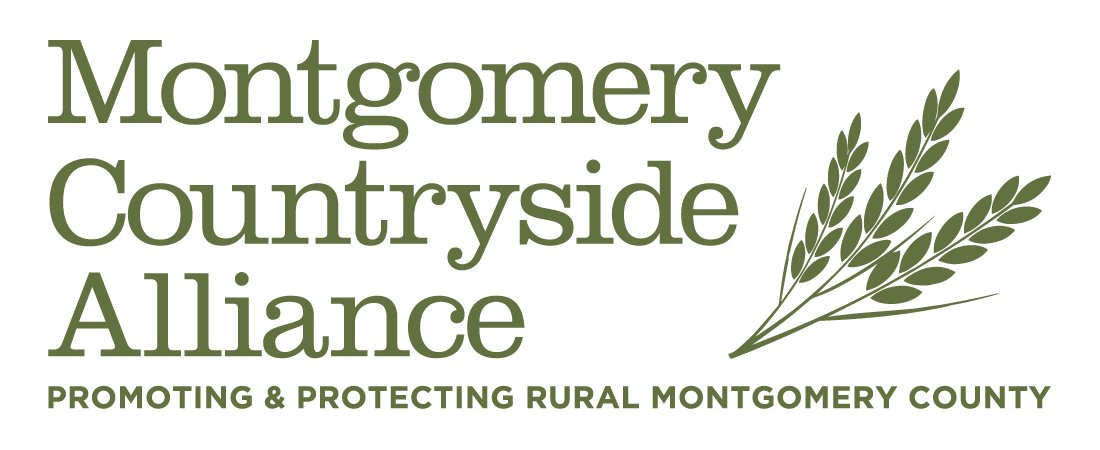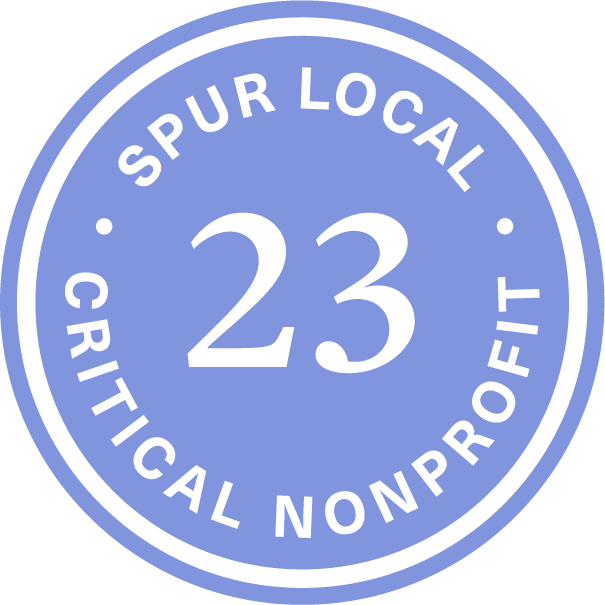"Too Important To Rush Through"
And so, the Council will conduct more outreach and work to amend the plan. Council President Albornoz said it would be passed in this current council session but also that there would be no artificial timeline as the plan was "too important to rush through". Councilmembers seemed committed to taking more time despite protestations from Planning Chair Casey Anderson that the plan as written was fine. Throughout the meeting Chair Anderson's spotty audio on the zoom sounded like the echo chamber reflected in the Planning Board's approach to policy making, producing slides of the many civic groups who approve of Thrive. Councilmember Katz responded by asking where the slide was of all the many civic organizations that still have serious concerns. "People need to be comfortable that we are listening to all sides, " he said. (Video snippet of CM Katz's comments here)
So- the Councilmembers are listening, Thrive will get the careful review it clearly needs. What should change to make this plan one that brings Montgomery County forward?
MCA along with our partners have been advocating for a number of changes to Thrive through this process. It is time to pare down and simplify the the changes.
The following are a selection of some of the common-sense changes that the Council must make in order to improve the Thrive document. This is only a partial list of key changes that are needed to make this document behave like a general plan should. We must re-integrate items from the working draft written by planning staff informed by hours of public comment that were inexplicably stripped from the draft sent to the Council. While the first draft plan was not perfect, it contained the action items necessary to address critical issues needed to protect our environment and move our County forward.
Read on for the background on the changes we propose, and take action before work sessions begin on March 1st.
In 2019 the Council established a process of racial equity and social justice (RESJ) analysis for each proposed legislative item submitted for council approval. In undertaking the RESJ analysis for Thrive 2050, the Office of Legislative Oversight (OLO) has identified ways that the Thrive plan must be edited before a proper RESJ analysis can take place. The full report from the OLO from 2/11/22 is here and is worth a full read. Video of Dr. Bonner Tomkins going over the memo at the Council worksession gave a great background on how equity must be built into plans from the beginning, not- as some proponents of the current plan have been saying- added to this otherwise incomplete plan by amendment. Some highlights of the OLO's improvement recommendations:
- Better engaging community members of color and low income residents on Thrive deliberations. (As reported, Councilmember and PHED member Will Jawando among others felt a number of important communities of color were not consulted, neither were residents of the Upcounty's historic Freeman's communities, despite public testimony urging this outreach in 2020.)
- Specifically returning deleted chapters from the working draft, identifying the current draft as a "amalgam of aspirations, goals, policies and practices that do not follow a consistent format." The report says that the final draft lacks the detail of the working draft that would make the in-depth analysis the OLO is charged with even possible.
- -Adding chapters that specifically detail the racial equity and social justice problems the plan seeks to solve - along with metrics for the baseline that can then be improved by the plan.
- Thrive needs to prioritize not just economic development but equitable economic development and utilize the RESJ tools created by the county to analyze the plan as it is re-written to make sure it is hitting these crucial points.
The first draft of Thrive released for public comment in October 2020 better resembled other general plan amendments from neighboring municipalities. It set goals for water protection, climate resilience, forest protection and more common-sense goals that help Montgomery County achieve all it's other stated goals, particularly those of the Climate Action Plan. Once public comment was received on this working draft, entire chapters and sections on environmental, food system and climate resiliency were completely stripped from the draft and relegated to a list of suggestions in a non-binding appendix to the plan that Planning Chair Casey Anderson in his conveying letter made clear were not part of the main document. A plan for the future with many environmental goals on the cutting room floor. One would ask, who asked for these chapters to be removed and to what end? Proponents of the deficient current draft insist that the environmental chapter content is woven throughout the plan. The word counts between drafts quantify a different story. The current stripped down plan has fewer action items and is less focused on equity and environmental protection. Of particular concern - no meaningful mention of the Potomac River and other water resources. Our partners at the Agricultural Advisory Committee also saw the sections on the Ag Reserve they worked with Planning Staff to carefully craft completely stripped from the draft (as detailed in a letter to the Council here).
We heard a proponent of the current draft say, "Well, the environment chapters of Thrive were taken out as it is more of a housing plan." This is a stunning misunderstanding of the process. Thrive is not a housing plan - it is an update to the general plan and needs to tackle all topics.
Check out the table of contents of Thrive compared to the 1993 Master Plan update and more recent APA award winning plans from cities as varied as Plano, TX, Richmond, VA, Oklahoma City and the Hawaiian county of Kaua'i along with recent plans from our surrounding counties closer to home. Something they share: robust environment and economy chapters in the main document. These are critical pieces that Thrive also must have. The OLO had identified the Portland, OR general plan as a template for that city's thoughtful chapters on equity - another standalone chapter Thrive must have.
While perhaps a wonky sounding request at first - the implications are serious. The staff-created working draft included the following:
"Many of Thrive Montgomery 2050's recommendations cannot be implemented with a one-size-fits-all approach. Area master plans will help refine Thrive Montgomery 2050 recommendations and implement them at a scale tailored to specific neighborhoods."
Like so much of the plan - this part was stripped in the final draft.
This deleted language was a good start but alone is not sufficient; it needs to be restored to Thrive, along with the following essential text:
"Before any zoning changes implementing Thrive are approved, Montgomery County Planning Department will:
+ Establish Community Advisory Groups for all potentially affected communities to facilitate citizen input concerning the specific details of those proposed zoning changes;
+ Mandate that all proposed rezoning allowing development of multi-family housing types in single-family neighborhoods and in other zones including the Agricultural Reserve Zone, use the traditional master and sector plan processes, in order to increase public support and avoid harming the very communities that Thrive intends to help."
Without this language it is not clear that Thrive won't supersede the local area master plans that control land use that protects farms, forests, water resources, historic assets etc. This is a particular problem in the Ag Reserve - the protection of which is underpinned by carefully crafted zoning and local master plans. Every other facet of County planning, be it the Climate Action Plan, re-forestation efforts, farm protection and food system strengthening becomes more difficult when these efforts are not tacitly supported in the master plan.
If Thrive is mostly concerned with housing policy, it needs to examine the strategies it employs. Upzoning is changing the zoning for a particular area to allow for more mixed-use denser development in areas and more multi-family homes where currently only single family homes are allowed. This part of Thrive has proved the most controversial as residents who agree that affordable housing is a critical need but disagree about how to achieve it have been verbally attacked (and threatened with worse), a climate that has stifled open discussion. Luckily Thrive 2050 is not the first plan to consider broadly setting the stage to apply upzoning as a land use tool. In 2018 Minneapolis applied upzoning city-wide, along with parts of New York City, Chicago and the Pacific Northwest. Since then, the data has come back and "Use Upzoning Sparingly" is the consensus. In Minneapolis, low income advocates have seen upzoning have little impact on affordable housing seekers but big benefits to developers.
“While I totally agree that single family zoning is by its nature part of our country’s history of racial segregation and exclusionary housing policy, it’s more nuanced and just eliminating it does not, in fact, actually repair the harms of it. If you just undo that but leave everything else the same, the research is laying out what we know to be true—the same winners and losers in the current market will win and lose based on this.” -Will Delaney, associate director of Hope Community, Inc., a neighborhood group based Mineapolis' Phillips Community (In NextCity)
In short, upzoning should not be applied as a blunt instrument. Without strong policies to ensure the resulting new density is kept affordable, upzoning can instead harm the low income people it was meant to house. Upzoning is also not compatible with all areas of the county. When upzoning is seen myopically as a panacea for affordable housing, you end up with provisions in Thrive like the section that identifies Darnestown (and other rural places) as a "growth area" when these areas are on well and septic by design - not the ideal place for concentrated compact development.
The OLO Racial Equity and Social Justice recommendations also apply to upzoning in that the OLO has asked for more detail on how the policies of the plan will directly impact people of color and low income residents and the plan as written fails to quantify this and many other points.
Much more on this:
‘Build More Housing’ Is No Match for Inequality (Bloomberg CityLab)
Minneapolis' Vice Planning Chair on "Minneapolis’s Residential Upzoning Risks Unintended Consequences" (Planning Report)
I'm not asking you to like me or trust me - I'm asking you to read the document and react to what's in it. Take a look at the Compact Growth chapter at pages 25-40: https://t.co/NMsdIRc5gu
— Casey Anderson (@CaseyAndersonPB) February 17, 2022

